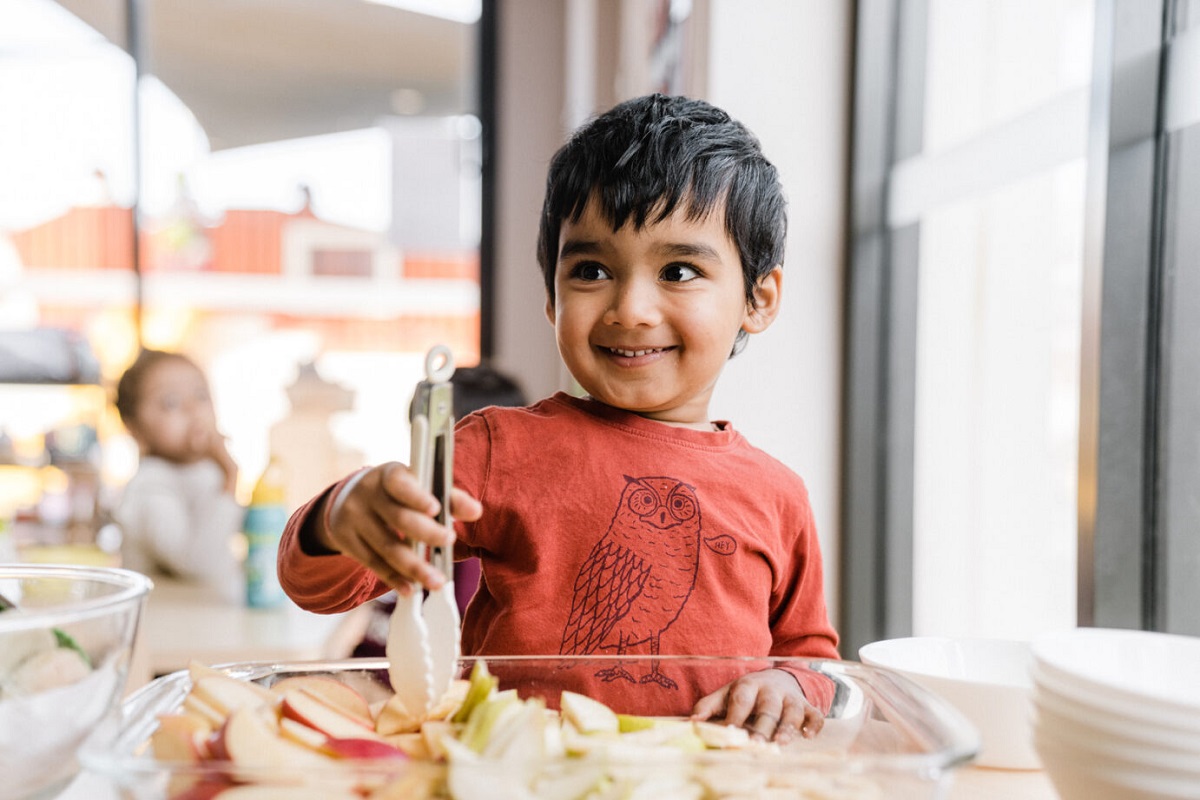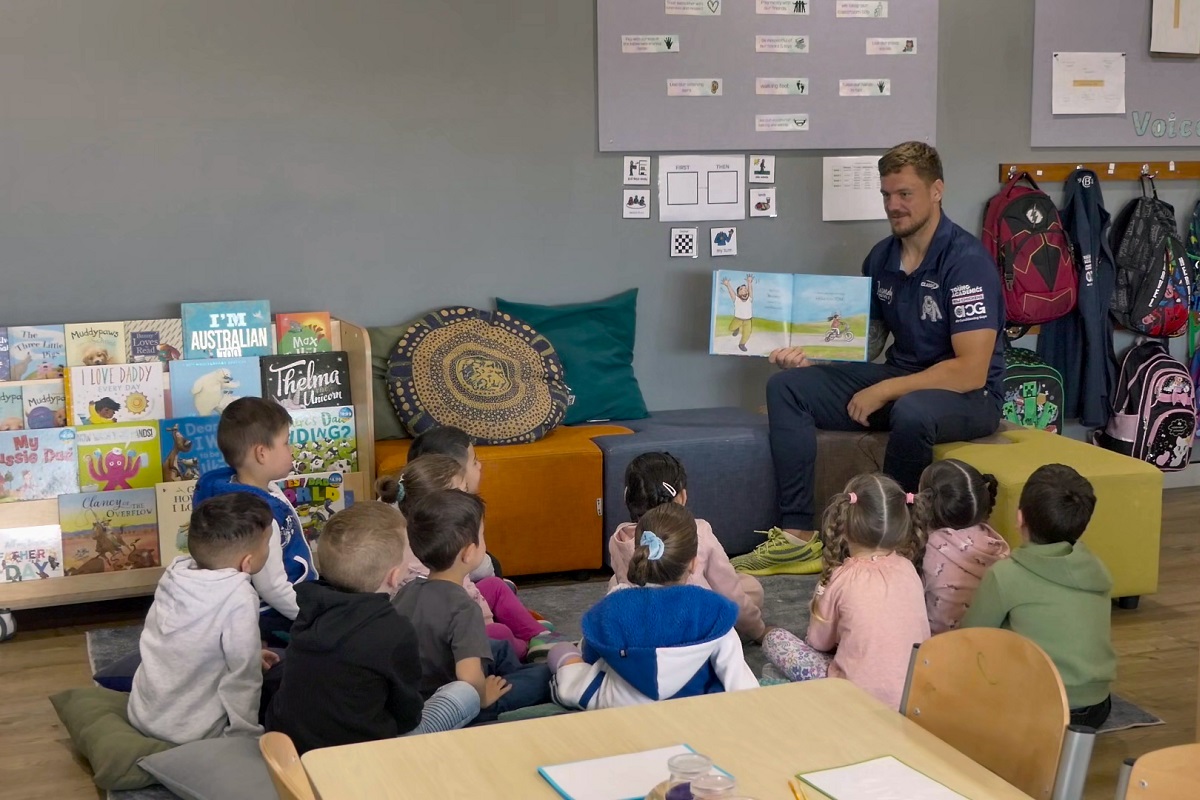Cooking with children is not just about creating delicious treats; it’s a hands-on, sensory-rich experience that nurtures creativity, fosters teamwork, and lays the foundation for a lifelong love of wholesome food. In childcare settings, embracing the joy of cooking with children can be both educational and incredibly rewarding. Let’s dive into the world of spatulas, mixing bowls, and laughter as we explore the benefits and simple ways, we make cooking a delightful part of our educational offerings at Young Academics.
The Educational Ingredients:
- Math and Science Skills: Cooking is a fantastic way to introduce basic math concepts like counting, measuring, and sequencing. Mixing ingredients and observing changes during cooking also provide a hands-on approach to early science education.
- Language Development: From following recipes to discussing the names and textures of different ingredients, cooking provides ample opportunities for language enrichment. Engaging in conversations during the process enhances vocabulary and communication skills.
- Fine and Gross Motor Skills: Pouring, stirring, and cutting (with appropriate supervision and child-friendly tools) contribute to the development of fine motor skills. Activities like kneading dough or rolling out cookies involve gross motor skills, promoting physical coordination.
- Social Skills and Teamwork: Cooking is a collaborative effort. Children learn to take turns, share responsibilities, and work together towards a common goal. These experiences lay the groundwork for important social skills.
- Cultural Exploration: Through cooking, children can explore diverse cultures and traditions. Introducing them to ingredients from around the world and preparing simple dishes inspired by various cuisines broadens their understanding of the global community.
The Recipe for Success:
- Simple and Safe Recipes: Choose recipes with few ingredients and straightforward steps. Safety is a priority, so opt for age-appropriate tasks and supervise closely. Think no-bake treats, fruit salads, or assembling sandwiches.
- Theme-Based Cooking: Integrate cooking activities with other themes in the educational curriculum. Whether it’s seasonal ingredients, multicultural cuisines, or storybook-inspired recipes, tying cooking to broader concepts enhances the learning experience.
- Create a Mini Chef Space: Designate a child-friendly cooking area equipped with safe utensils and tools. Having a dedicated space fosters a sense of independence and excitement about the cooking process.
- Celebrating Achievements: Every culinary creation, no matter how simple, is a cause for celebration.
Cooking with children in childcare is a joyful journey filled with laughter, learning, and the aroma of shared experiences. As we explore the world of flavours and textures together, we not only create delicious memories but also sow the seeds for a lifelong appreciation of cooking. Grab your aprons, roll up your sleeves, and let the adventure in the kitchen with children begin!







